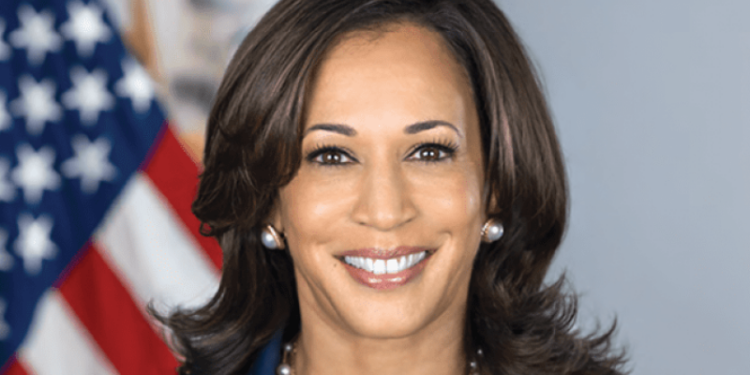Vice President Kamala Harris faced a combative interview on Fox News on Wednesday, October 16th, where she struggled to address key issues, including border policy, U.S. sanctions on Iran, and President Joe Biden’s cognitive abilities. The interview, conducted by Fox host Bret Baier, quickly turned tense as Harris dodged direct answers and deflected criticism of the Biden administration’s handling of sensitive matters.
The interview began with Baier pressing Harris on the administration’s decision to end the “Remain in Mexico” policy, which had previously required asylum seekers to stay in Mexico while their cases were processed. Harris avoided giving a direct answer about whether the policy’s termination was a mistake, instead pointing to the administration’s immigration reform proposals. Baier interrupted several times, highlighting the increase in illegal border crossings since the policy change. Harris, frustrated, insisted that she needed to finish her responses, setting the tone for the rest of the interview.
As the interview progressed, Harris was grilled on the administration’s stance on oil sanctions against Iran. Baier referenced growing bipartisan concerns over the administration’s failure to fully enforce sanctions, which some believe has fueled Iran’s financial support for militant groups like Hezbollah and Hamas. Harris redirected the discussion toward former President Donald Trump’s withdrawal from the Iran nuclear deal, but her reluctance to engage directly with the criticism was apparent.
The issue of Biden’s cognitive decline was also raised during the interview. Baier asked Harris when she first noticed signs of Biden’s diminished faculties, a question she dismissed without addressing directly. Instead, Harris defended Biden’s leadership, stating, “Joe Biden is not on the ballot.” Her evasion of the question further fueled speculation about Biden’s fitness for office and highlighted the difficulty of Harris’s position as his running mate.
Throughout the 26-minute interview, Harris frequently clashed with Baier. Harris, visibly annoyed at times, rebuffed criticisms of the administration’s policies, often redirecting attention to Trump’s actions during his presidency. Despite her attempts to shift the narrative, the interview reinforced perceptions that Harris struggled to provide clear answers on key issues.
Political analysts widely viewed the interview as a difficult moment for Harris. Experts noted that her inability to offer compelling reasons for voters to support her ticket, especially on sensitive issues like immigration and Iran, could hurt her chances in swing states. With the presidential race tightening, Harris’s performance in high-stakes interviews like this one could be crucial to her campaign’s success.
In the aftermath of the interview, social media buzzed with reactions, many criticizing Harris for her evasiveness. Supporters of both parties took to online platforms to debate the interview’s key moments, with some suggesting that Harris’s confrontational style did little to win over undecided voters.









